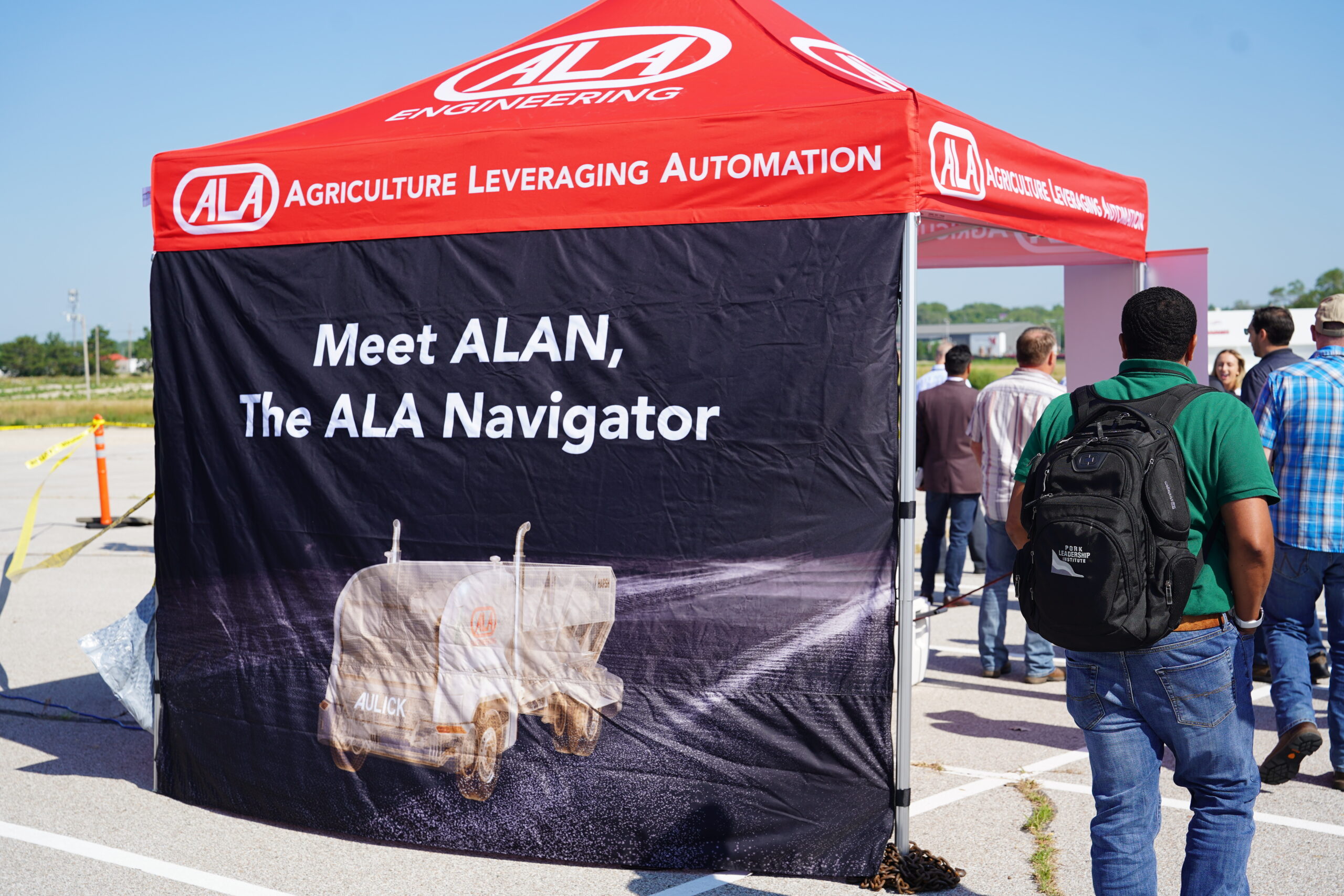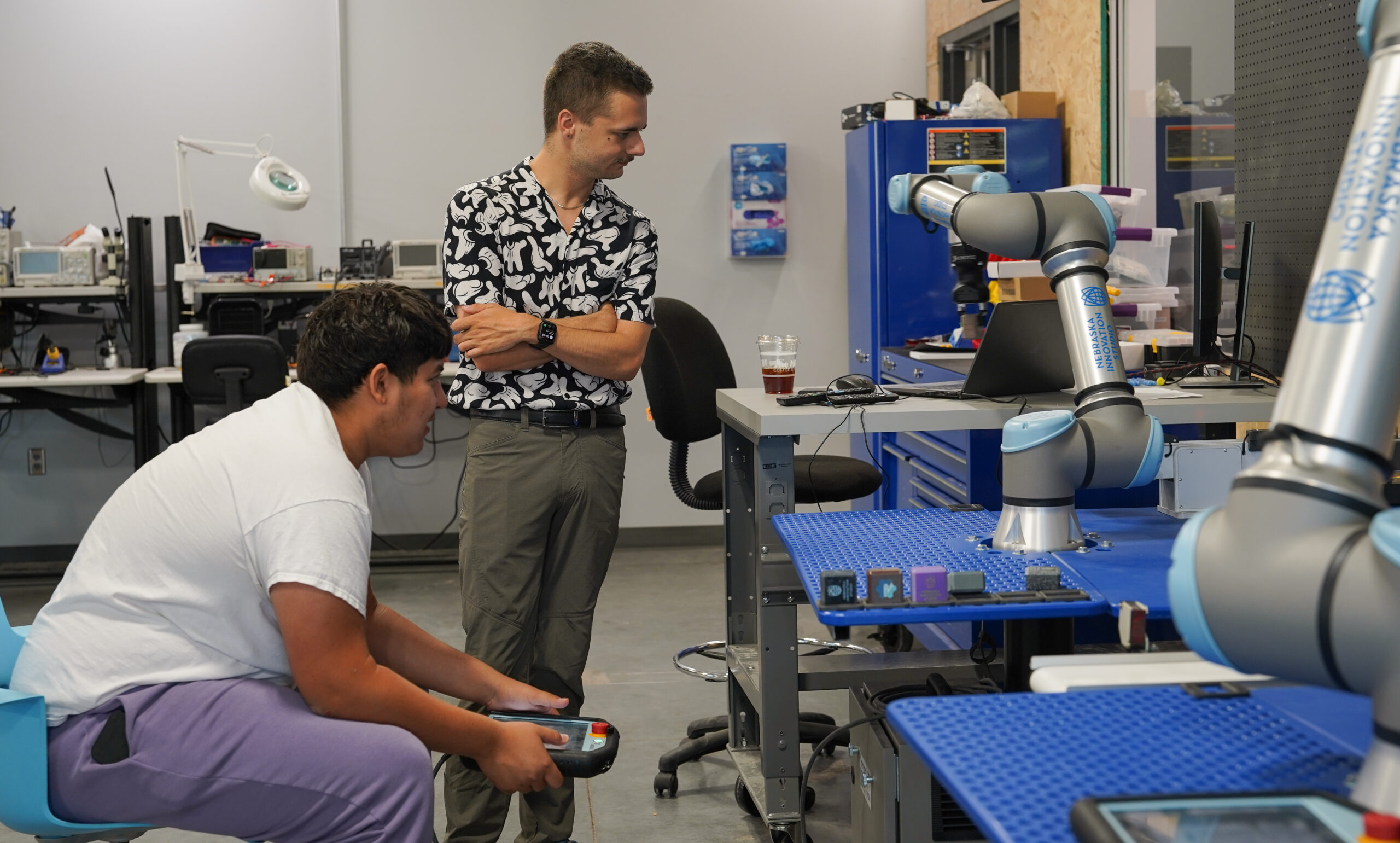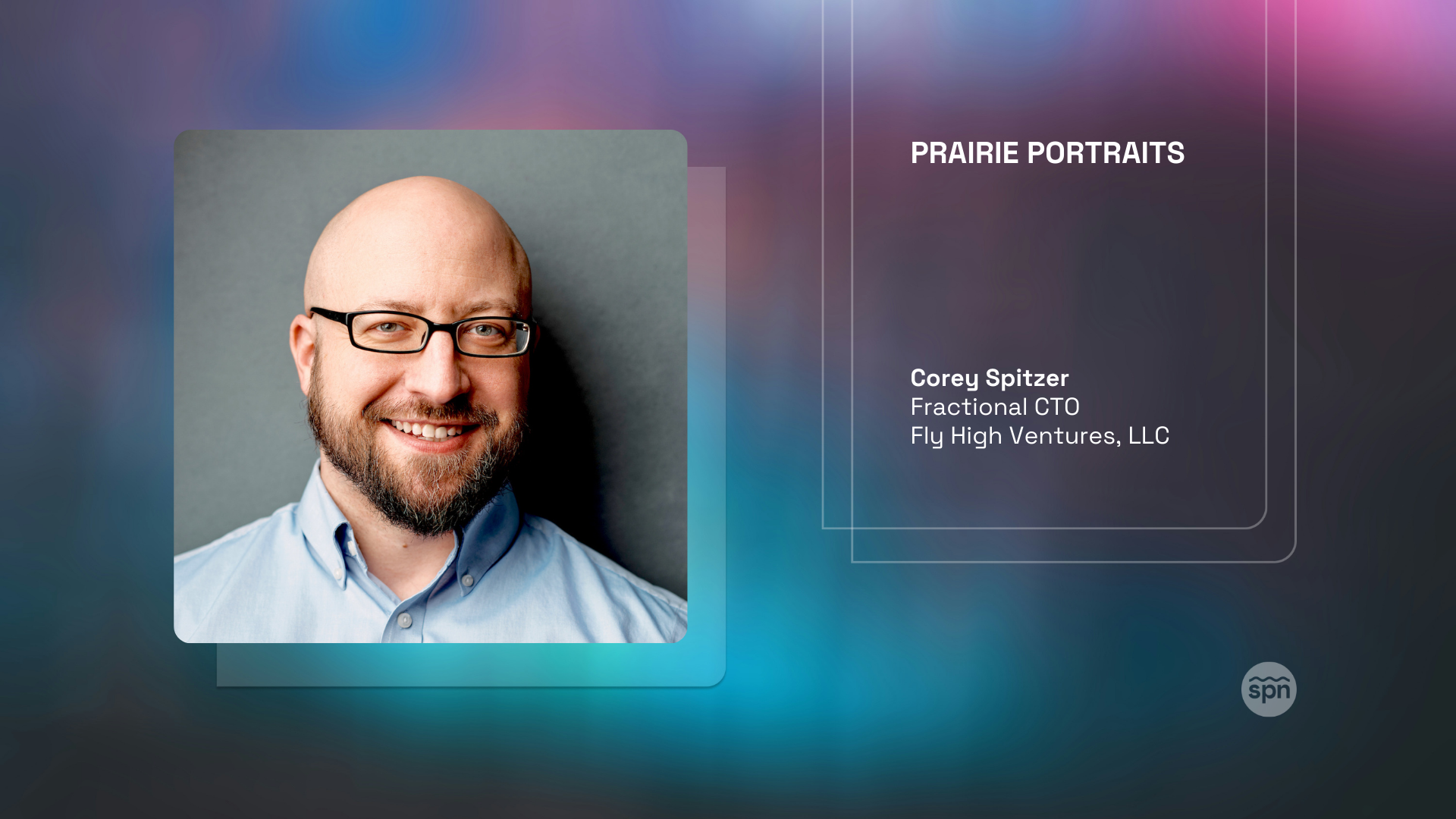 Agilx started in Lincoln in 2011 as a software development company. Silicon Prairie News recently sat down to talk with co-founders Dustin Clonch and Jake McElroy in their plush, new game/nap room.
Agilx started in Lincoln in 2011 as a software development company. Silicon Prairie News recently sat down to talk with co-founders Dustin Clonch and Jake McElroy in their plush, new game/nap room.
SPN: So what is Agilx?
J: Agilx is a software development firm, specializing in software development as a service.
D: Jake and I both have background in IT. We decided to start Agilx with the goal of being a product company, and we still have those aspirations. Over the last 4 years, we learned that not a lot of companies are doing client services, and there’s a big demand.
SPN: So you build custom software for other companies?
D: Yes, but building software for others is difficult. Sometimes we’re the 3rd or 4th company someone has come to after not getting what they wanted. So there’s sometimes a “buyer beware” attitude. Building trust and delivering on client expectations is hard. We deal with a range of clients from non-technical to highly technical.
SPN: Describe your customer base.
J: Our primary customer, the one that’s been around the longest, is based in Oregon. It’s a startup like us. The software we developed allowed them to scale, which led to more work to for us. We also have customers in Iowa, Texas and Florida. But the bulk of our work is Lincoln and Omaha.
D: The sweet spot is a small- to medium-sized business with an existing customer base and revenue model that could benefit from custom software.
SPN: Can you describe a couple of obstacles you’ve had to overcome?
J: We didn’t have a process in place for delivering a final product. We came up with bi-weekly sprints, and we align billing, customer meetings—everything we do.
D: We run our business on a two-week cycle.
J: Now everyone is on the same page, knows what needs to be built out, when demos are scheduled, when we get paid. We iterate out from there.
D: Customers love it.
SPN: Sounds like agile methodology.
D: We embraced agile development a long time ago. Agile is the big buzzword. But we discovered friction between agile development and the more traditional way the rest of the business ran. So we said, let’s align the rest of our business and run agile with the whole business. It fundamentally changed the business. We can forecast better, improve customer expectations, pivot faster.
J: We increased our net profit margin without adding staff.
D: And we’ve doubled revenue every year.
J: Our efficiency rate has grown from about 20-30% to 70% plus.
SPN: Any other obstacles?
D: Finding talent has been a big challenge. That sounds like a broken record in the Midwest, and it’s going to be a problem for the next 20 years. Lots of people are trying to do things to generate talent, lots of experiments, we’ll see if it bears fruit.
We’re trying to establish an acquisition pipeline, a farm league to find stable, steady sources of interns and entry level people. We want to avoid being in a position where we’re just hiring the first person who walks in the door.
J: Having Southeast Community College bring their programming track to Lincoln is a good move. Enrollment should be higher, and the coursework makes more sense. Instead of graduating 6 maybe there will be a group of 30.
D: It’s a mystery because kids are super into technology like games and tablets. There’s this huge demand for STEM talent. Where are we falling short? Why do we not have kids coming out of schools with a technical degree?
SPN: What’s your exit strategy?
D: We’re not looking for an exit. There’s so much focus on exit in the ecosystem, but that’s not us. We wanted to create a lifestyle company that we’ll work at the rest of our lives, possibly our kids as well. Our vision of success might be very different from others starting a company just looking for an exit. There’s nothing wrong with that, it’s just not what we are.
SPN: Do you have any advice for other entrepreneurs?
D: Persistence. This is the difference between super successful people and those who tried & failed. People give up too easy, as soon as one client turns them down or they fail. We coach developers not to give up when they hit a roadblock. Eventually there will be success.
SPN: Any last comments?
D: We’re in a different world now than we were a couple of years ago. Opportunity breeds opportunity. The longer you are an entrepreneur, the more you realize the things that you were ingrained to fear are opportunities, not fears. Opportunity always leads to opportunities you can’t foresee.





